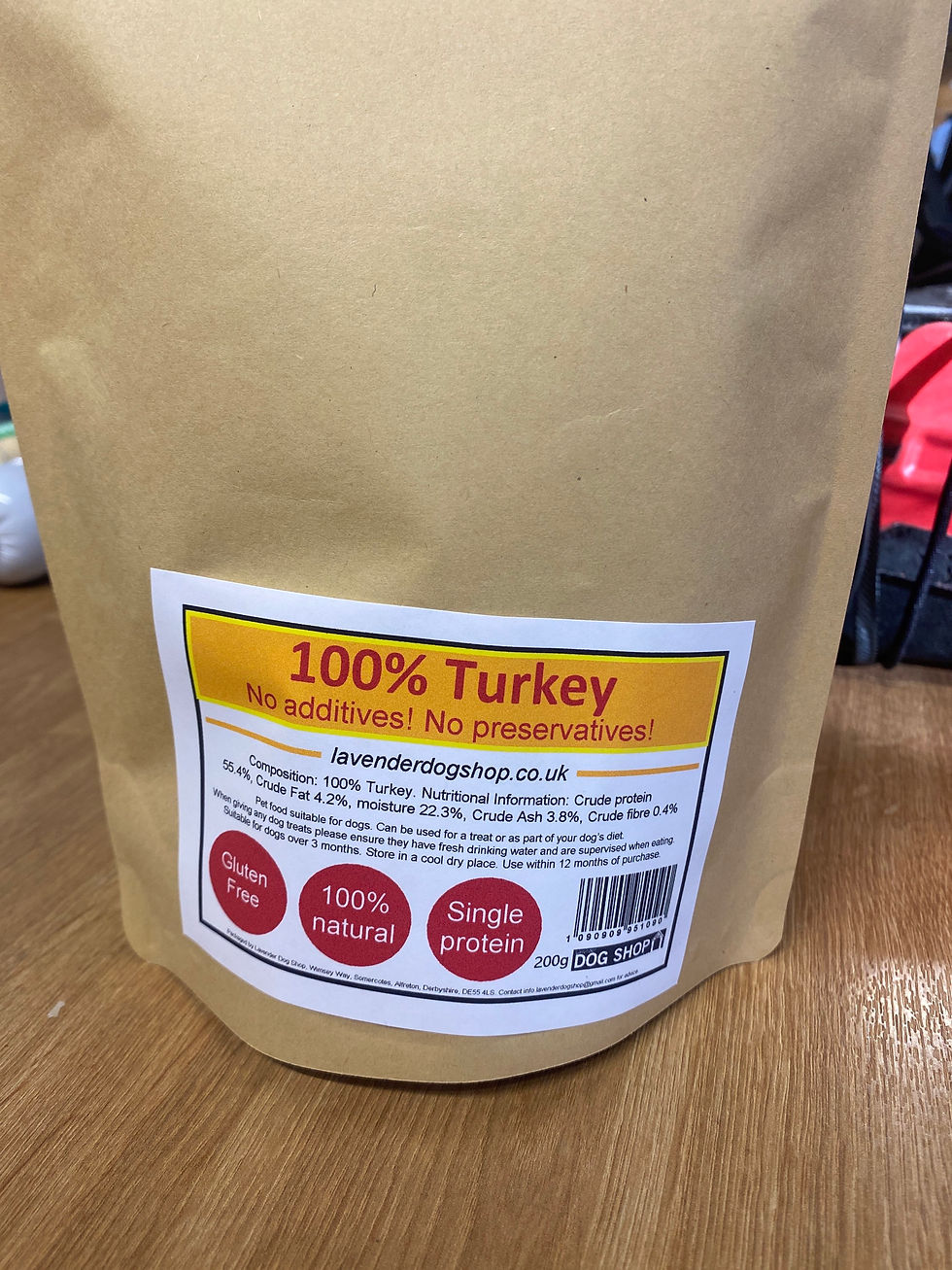Sharks are marine animals similar to fish. Most are carnivorous and eat fish, seals, turtles and penguins. The whale shark and the basking shark feed on plankton.
Overfishing unfortunately leads to many incidental or bycatch catches because the fishing gear is not selective and the sharks are caught in nets, lines, traps or shoals.
Before, these catches were most often thrown back into the sea. Today, this “waste” is recycled for animal feed for ecological purposes. In Australia, where sharks abound, many of these fish are recovered, including the spine (chewing product) and pieces of tail, skin and cartilage (candy). Indeed, the shark's skeleton is not made of bone but of cartilage, the benefits of which have been proven.Cartilage is an allergy friendly product. Regular consumption of shark cartilage reduces joint pain thanks in particular to the glucosamine and chondroitin it contains in large quantities.
It contains complex carbohydrates ( mucopolysaccharides), a remedy against bacteria.
It helps to preserve bone density and bone capital thanks to vitamin D and manganese which help in the absorption of calcium.
Composition: calcium, selenium, collagen, copper, manganese vitamin D3 (cholecalciferol), phosphorus, squalamine (protein)
100% Shark Cartilage, No Additives or Preservatives
top of page
Goods delivered to your door nationwide.
We deliver locally on our own van, on set days for different areas.
And nationwide via post, please see the shipping page for more info.
Alfreton Store:
07964035847
Office Line:
07539371701
Call us about your order, or email and we will get back to you asap.
Please note we may be working remotely so emails are always welcomed.
Chesterfield Store-
07301228447
Contact us

CLICK & COLLECT
AVAILABLE TUESDAY, THURSDAY, SATURDAY*
*View full T&Cs
£11.99Price
Related Products
bottom of page































